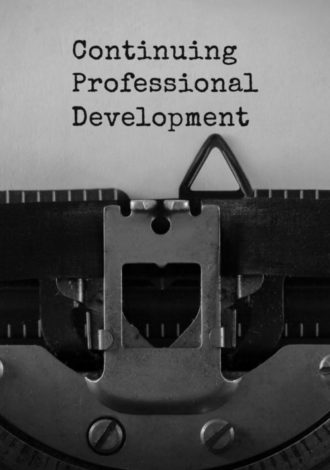Distributing property and debt during a legal separation or divorce can be very tricky. The complicated proceedings means that you will need a lawyer to help guide you through them. A single mistake can mean you are not getting the assets that you clearly deserve as a former equal in that relationship. The rules might be different for various legal jurisdictions.
But distributing debt is another very important step of the proceedings. So whether or not you were able to reduce credit card debt, both partners will have to bear the burden for joint loans. But before you jump to any serious conclusions, maybe you should better understand how they will be helping you with your property and debt.
What Counts as Property
The first thing that you need to understand about legal separations is that your partner is entitled to property bought during the marriage. Now you may understand property as maybe your car, your house, and even your furniture. And even though this is all certainly property, it is not the only type that you can readily buy or sell. There is other type of property that holds value. This can include:
- A patent
- A business
- Life insurance with cash value
- Stocks
- 401K plans
- Pension plans
- Security deposits
- Bank accounts
- Cash
During the separation, these aforementioned types of property are also on the line. Therefore, you will have to settle these in court, even if both partners have agreed amongst themselves. The court will need a formal order about how each of the assets was divided. That is not to say that you have to decide this matter in front of a judge, but should get a lawyer who you know will represent you fairly.
The lawyer will bring up all of the disputes regarding the property and ask both parties what they intend to do with it. Both partners have to agree on the asset, which the lawyer will then record on the agreement. Finally, both partners, the lawyer, and a judge will sign off on this agreement, after which the divorce will finalize.
Separate Property
Separate property refers to any of the previous assets that you might have owned before starting the relationship. So cars, houses, and even inheritance that you owned or were owed before the relationship will be yours. You do not have to give anything to your ex-partner.
Furthermore, there are some exceptions where assets accumulated during the marriage will not be community property. A good example is inheritance. If you happen to receive inheritance from your loved ones during the relationship, it is yours and is not part of the complete property. The same rules apply to things that you buy with that inheritance, such as cars and houses, during your time together.
Community Property
This is the property that a couple accumulates during their partnership. It can include everything that you got during the arrangement, which can even include clothes. The only exception to this rule is a gift or inheritance that you receive.
Community property will also include all of the earnings from both partners , and anything that they bought with those earnings. Lawyers will be able to tell the difference between assets acquired through a paycheck and through an inheritance by looking at the source of the money.
How Will They Divide Debt
As a couple, you will also be sharing your debt with each other regardless of the name. Some of the most common examples include:
Credit Card Debt
Most states believe that any debt accumulated during the partnership constitutes community debt. Therefore, both partners will be liable to pay off this debt. If you try to reduce credit card debt before the separation, it could soften the blow. So regardless of who owns the credit cards, both members will have to pay.
The only exception to this rule would be debt that you bring into the marriage. This debt is not part of the relationship, and it will be the sole responsibility of the owner. Some states will also see credit card debt as the sole responsibility of the spender, regardless of when they acquired the loan.
Mortgage loans
Just like credit card debt, mortgage loans will be the responsibility of all members of the relationship. Of course, there are a few other options. You can buy out the house from your spouse or let them buy you out. Or, you can sell the house and split the money. Both of these are significantly better than keeping the mortgage.
Conclusion
Even if you were not able to reduce credit card debt before separating, there are many ways to approach a separation. As long as you keep these details in mind, lawyers will not be able to take advantage of you and give you a worse deal.



 3 min read
3 min read


